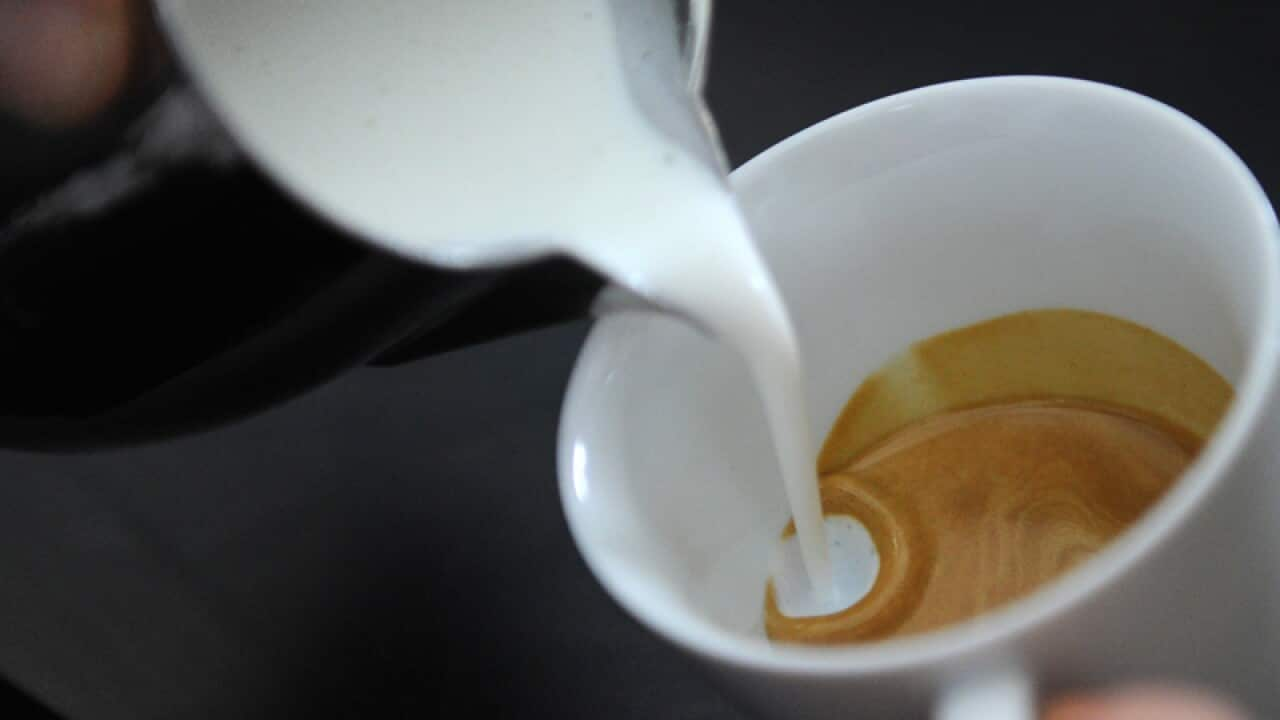Problem drinkers be warned – you could be putting yourself at risk of developing dementia in the future.
That’s the message from the team of French scientists which just released a new study in today, linking heavy drinking to an increased risk of dementia.
The scientists at looked at the health records of more than one million French adults diagnosed with dementia between 2008 and 2013. In doing so, they discovered a link between alcohol use disorders and an increased risk of all types of dementia - especially early-onset dementia.
Our findings suggest that the burden of dementia attributable to alcohol use disorders is much larger than previously thought...
The study's authors are now advocating that alcohol use disorders – uncontrolled drinking and a preoccupation with alcohol that causes stress or harm – are major risk factor for developing all types of dementia.
“Our findings suggest that the burden of dementia attributable to alcohol use disorders is much larger than previously thought, suggesting that heavy drinking should be recognised as a major risk factor for all types of dementia,” says the study’s lead author Dr Michaël Schwarzinger of Translational Health Economics Network, France.
The details
The nationwide observational study used data from the French National Hospital Discharge database. Researchers examined patients aged over 20, who were discharged with alcohol-related brain damage, vascular dementia, or other dementias (including Alzheimer’s disease) over the five-year period.
One-in-20 of these cases was early-onset dementia (adults who developed dementia before age 65). The study’s authors saw that of the 57,000 patients with early-onset dementia, almost a quarter of all cases were alcohol-related while 18 per cent of people had an additional diagnosis of ‘alcohol use disorder’.
The study’s authors saw that of the 57,000 patients with early-onset dementia, almost a quarter of all cases were alcohol-related while 18 per cent of people had an additional diagnosis of ‘alcohol use disorder’.

Over 6% of men and 1.5% of women discharged from hospital had alcohol use disorders, compared to 16.5 % of men and 4% of women with dementia. (Photo: Getty Images) Source: Getty Images
Alcohol use disorders were associated with a three-fold increase in risk of all types of dementia: they were also the strongest modifiable risk factor for dementia onset. Over six per cent of men and 1.5 per cent of women discharged from hospital had alcohol use disorders, compared to 16.5 per cent of men and four per cent of women with dementia.
This is a worthwhile study but it does not prove that dementia has been caused by people drinking alcohol or that people who currently drink alcohol will develop dementia.
No 'cause' for concern
Chief medical advisor for , is critical of the study’s results.
Prof Woodward says although the study shows a link between heavy drinking and dementia, it does not prove that alcoholism or long-term excessive consumption of alcohol causes dementia in every single patient.
“This is a worthwhile study but it does not prove that dementia has been caused by people drinking alcohol or that people who currently drink alcohol will develop dementia,” says Prof Woodward who is also a geriatrician at Austin Health, Melbourne,
“We’ve known all along that alcohol can cause damage to the brain. It’s not a new finding but nor does it [conclusively] show the impact of alcohol on the brain. The study just shows that you are more likely to be in hospital with a diagnosis of dementia if you drink more heavily.”
The study’s authors agree that although they found a link, they could not prove a cause. However, they point out that they only included the most severe cases of alcohol use in their study – those that required hospitalisation. They says this could mean that the association between dementia and chronic heavy drinking may be underestimated.
They also suggest that screening, brief interventions for heavy drinking, and treatment for alcohol use disorders now be implemented in France to reduce the alcohol-related burden of dementia.
“A variety of measures are needed, such as reducing availability, increasing taxation, and banning advertising and marketing of alcohol, alongside early detection and treatment of alcohol use disorders,” says Dr Schwarzinger.
Moderation is the best form of risk-reduction
Prof Woodward is sceptical about the introduction of such measures in Australia without harder evidence to prove that alcohol causes dementia.
“We should certainly avoid heavy consumption of alcohol as it puts your mental and physical health at risk and it increases your risk of injury,” says Prof Woodward.
“But people who are drinking moderate amounts of alcohol shouldn’t cut back because of this study.”
According to the ‘heavy drinking’ is defined as consuming more than 60 grams of pure alcohol a day for men and more than 40 grams per day for women.
In Australia, that men have no more than three units of alcohol and women have under two units of alcohol per day to reduce any related risks of alcohol consumption.
“just do what’s good for your heart and brain. And do everything in moderation”.
“…I don’t think that females who are drinking two units or less or males who are drinking three units or less of alcohol should be in dire fear of getting dementia,” says Prof Woodward.
Instead, he recommends that people who want to reduce their risk of dementia work at maintaining a moderately healthy lifestyle.
“The best way to reduce your risk of dementia is to be physically active, keep your brain stimulated, stay socially stimulated, avoid obesity and eat a good diet. Basically, he says, “just do what’s good for your heart and brain. And do everything in moderation”.







